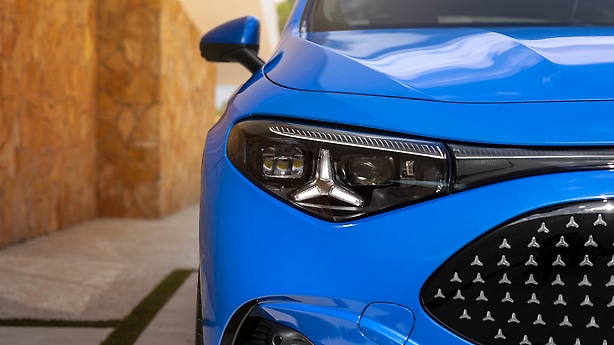With the Initiative for Responsible Mining Assurance (IRMA) , there is now for the first time a multi-stakeholder standard for industrial mining, developed in a process of intensive discussion with industry, civil society, communities and labour unions. More than 100 experts and not-for-profit organisations were involved in defining the IRMA “Standard for Responsible Mining”, for example Human Rights Watch, Microsoft and Anglo American. The standard is still in the early stage of adoption by the industry.
Mercedes-Benz Group AG joined IRMA to promote the broad application of robust and comparable sustainability standards – also as a precondition for supplier decisions and contracts. Where robust certificates exist, we monitor this with the block chain technology we have already been testing in pilot projects since 2018.
,xPosition=0,yPosition=0.5)
,xPosition=0.5,yPosition=0)
,xPosition=0.5,yPosition=0)
,xPosition=0.5,yPosition=0)
,xPosition=0.5,yPosition=0)